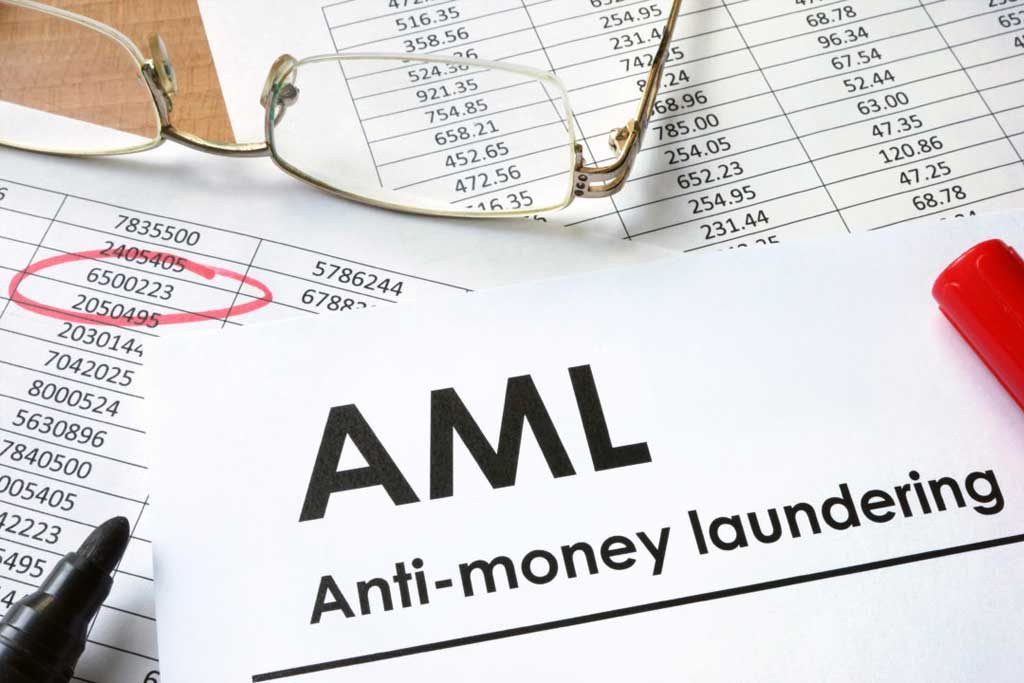Developing Strong AML/CFT Compliance
As financial crime grows more sophisticated, maintaining robust yet risk-based AML and CFT compliance has become mission-critical for Banks/FI’s and DNFBP’s (regulated entities like sealers in precious metals and stones, auditors, real estate brokers, company formation agents & lawyers). However, devising comprehensive yet pragmatic internal controls presents an ongoing challenge for many organizations due to complex regulations and evolving typologies. This is where expert consultation can provide invaluable guidance.
ComplyFin will always try to provide you the most professional inputs to help you protect from abuse and further help you grow your reputation and business.


Designing a Structured Framework
Consultants with extensive AML expertise help assess an institution’s inherent risks and design a customized framework proportionate to those risks. They work with in-house teams to establish robust yet user-friendly policies, controls, and governance structures. This includes crafting fit-for-purpose fraud prevention frameworks centered around activities, customers, and countries representing higher threats. Consultants also assist with reviewing transaction filtering rules, customer due diligence protocols, staff training curricula, and ongoing enhancement roadmaps.
A key focus area involves analyzing home and host nation regulations applicable to various business lines and subsidiaries. Consultants guide implementing consistent standards across complex organizational structures while allowing customizations for local needs. They assist with preparing documentation demonstrating sound bank fraud control frameworks adhering to the risk-based approach. Consultants additionally help interpret regulatory guidance on emerging issues to facilitate timely adjustments
ComplyFin will always try to provide you the most professional inputs to help you protect from abuse and further help you grow your reputation and business.
Advanced technologies play an ever bigger role in AML/CFT software solutions. Our consultants constantly work with clients to evaluate the types of tools required based on their risk profiles, resources, and digital strategies. This includes recommending fit-for-purpose solutions like transaction monitoring, sanctions screening, case management, and reporting systems. They also aid banks in optimally leveraging emerging technologies such as big data analytics, machine learning, and biometrics to continually bolster control effectiveness.
Key Benefits of AML/CFT Consulting
- Their intimate understanding of global precedents and local regulations guides frameworks’ compliance with the latest stipulations during design itself. This reduces future upgrades.
- Leveraging deep industry experience, consultants accurately identify inherent dangers and calibrate proportionate prevention tactics for optimal risk-based approaches.
- Thorough planning by external experts equips compliance teams to operationalize immediately upon consultant departure, avoiding costly delays or missteps.
- Regular reviews identify control weaknesses or gaps against evolving criminal patterns. Consultants then suggest targeted improvements, keeping programs agile.
AML/CFT consulting remains a sound investment for organizations seeking to proactively strengthen compliance and avoid future regulatory penalties or reputational damage.

Working with the Right Partner
It is important to select AML/CFT software solutions providers with deep multi-industry exposure and certified senior professionals. ComplyFin offers unparalleled multi-sector experience and certification. Utilize our strong APIs and system integration with core banking systems, and custom methodologies that align flexible commercial approaches with each organization’s distinct priorities. Ongoing engagement across complementary risk domains provides continuous support.
Rigorous auditing further strengthens confidence in our ability to safeguard sensitive information. While initial investment exists, our team generates prolonged returns through the resilient fraud prevention framework we help build. These future-proofed programs empower Banks/FI’s and DNFBP’s (regulated entities like sealers in precious metals and stones, auditors, real estate brokers, company formation agents & lawyers) to concentrate on core business objectives with regulatory assurance. To stay armed against ever-evolving threats, Complyfin remains the prudent long-term advisory companion. Reach out to us today for customized solutions!
Answers to Common Questions
Comprehensive fraud prevention involves a fraud prevention framework combining people, processes, and technology. Integrated customer authentication, transactional anomaly detection, employee verification, and ongoing risk analysis are core techniques. Maintaining updated sanctions screening and consistently applying the 'know your customer' principle also strengthens any financial institution's controls.
An effective fraud risk management framework blends strategic and tactical measures. Designating accountability, formalizing risk oversight, and embedding preventative culture organization-wide form its foundation. Robust monitoring utilizing analytics, regular threat assessments, control calibrations proportionate to changing risks and Whistleblower avenues further reinforce this framework's robustness
The four primary components are governance, identification, prevention and detection, and response. Governance establishes oversight accountability and KPIs. Risk identification involves scenario modeling and profiling. Prevention and detection design controls while utilizing tools like AI. Finally, response protocols mitigate impacts and enable learning from incidents.
Bank fraud management safeguards customers and shareholders through vigilant oversight, control reinforcement, and swift resolution. Leading institutions implement a dedicated bank fraud control framework integrating physical, technical, and auditing safeguards. Proactive analytics and randomized integrity evaluations simultaneously deter would-be fraudsters while protecting brand reputation
Apart from employing identification, authentication, and monitoring technologies, banks train staff to preempt social engineering, verify unusual transactions promptly, and update vulnerable processes. Raising customer awareness on phishing or advising precautions when traveling abroad also fortifies any institution's overall anti-fraud defenses under its preventative fraud prevention framework.










